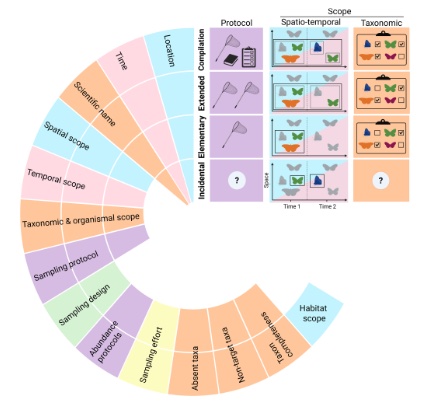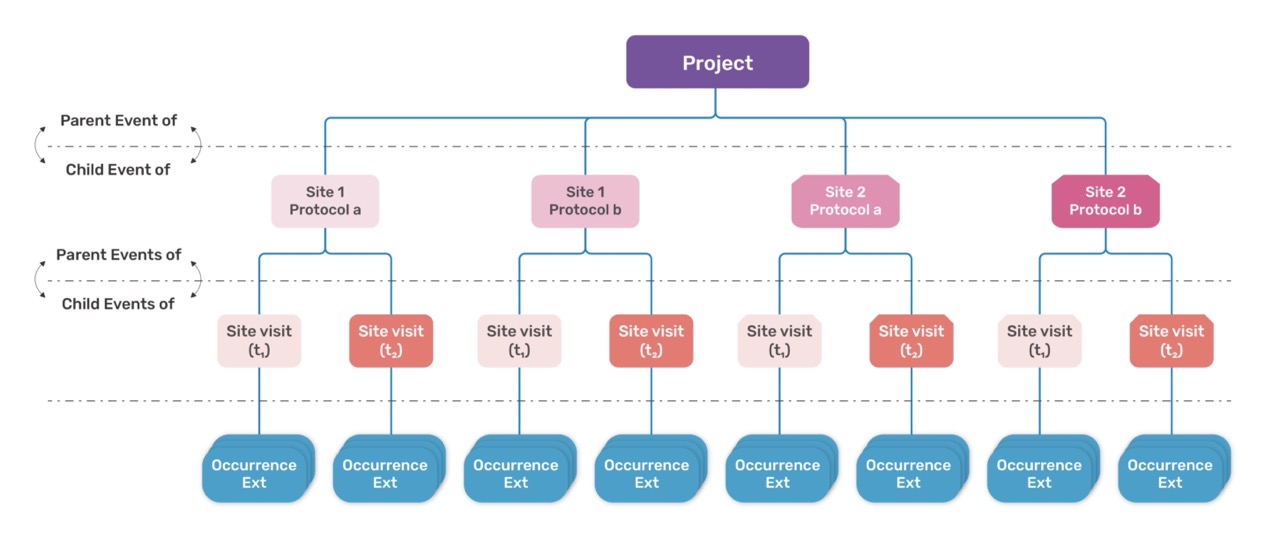Published: Mar 31, 2025 by Steve Baskauf
In March 2025, I finished reading all 60 of the winners of the the Nebula Award for Best Science Fiction or Fantasy novel. Many of my favorites were also winners of the Hugo Award, so I wrote a follow-up blog post to my earlier post about my favorite Hugo winners, focusing on favorites that weren’t already discussed in the Hugo post.
I am of the opinion that the overall quality of science fiction from the 1950’s and early 1960’s was generally terrible, so since the Nebula Award didn’t start until 1966, I was spared from reading as many awful books as I did when I read the Hugo winners (which went back to 1953). Nevertheless, there were a couple books that rated being on my list of least favorite Nebula winners, also included in the post.
To see all reviews that I wrote on the Nebula winners, visit my GoodReads books.
For more about my favorite Hugo winners, see this earlier news item.


